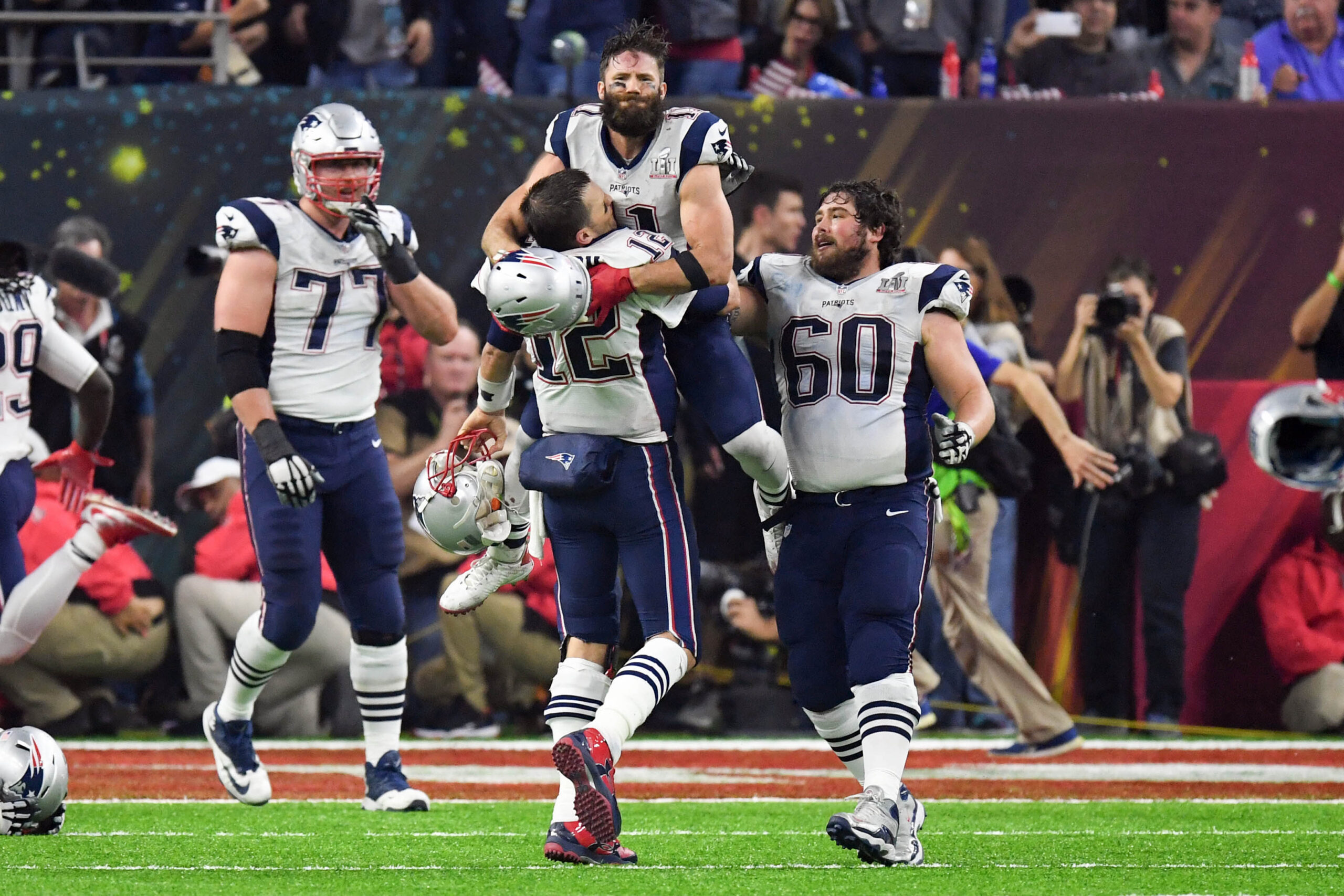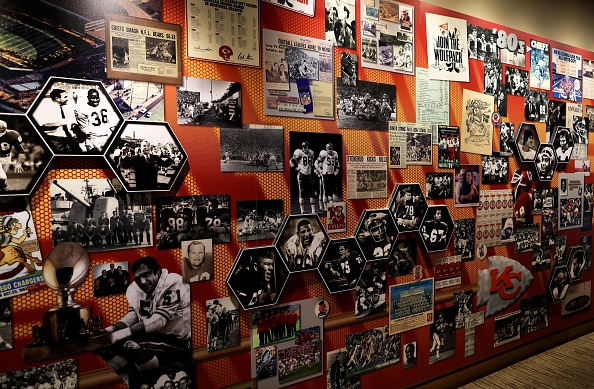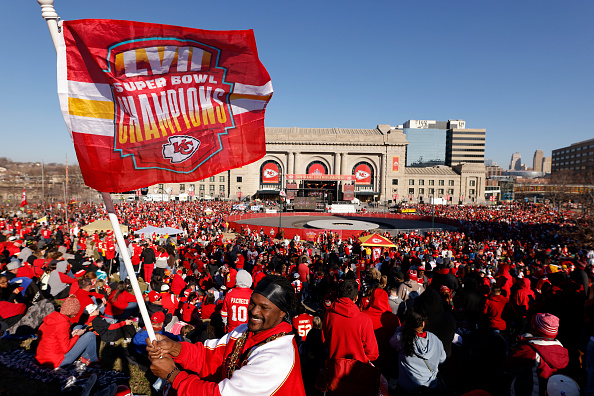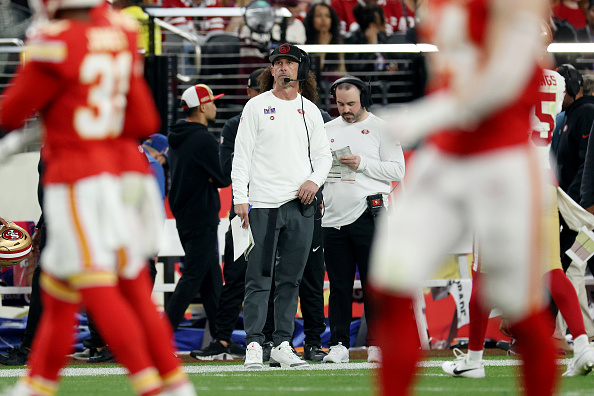Watching a late fourth-quarter comeback is thrilling. Watch it happen in a Super Bowl, and that thrill is multiplied tenfold.
These comebacks and the people who orchestrated them are forever enshrined in history as legend. Legacies are born, or solidified, during the Super Bowl. Prime Time Sports Talk takes a look back at the top five Super Bowl comebacks.
5. Super Bowl XLVI: Giants shock Patriots for second time in five years
Super Bowl XLVI marked the second time the New England Patriots and New York Giants met on Super Bowl Sunday in only a half-decade. The Patriots were seeking revenge. Eli Manning and the Giants were seeking the franchise’s fourth Lombardi Trophy.
Tom Brady found Aaron Hernandez for a fourth-quarter touchdown to give New England a 17-9 lead. Giants kicker Lawrence Tynes made two field goals to cut the lead to 17-15 with 3:53 to go in regulation. The Giants’ defense forced a punt on the next Patriots possession, and Manning led the offense down the field for the winning score, which ended with Ahmad Bradshaw scoring on a one-yard run.
4. Super Bowl XXV: Giants rally against Buffalo; Norwood pushes potential winning kick wide right
Readers are going to see the Giants a lot on this list. In this Super Bowl, New York met the Buffalo Bills in what was the first of four straight trips to the big game for Buffalo. The Bills led 12-10 at halftime and 19-17 after three quarters.
Giants quarterback Jeff Hostetler led the Giants down the field on a 14-play, 79-yard drive that took 7:32 off the clock. The drive ended with a 10-yard field goal to put the Giants in front 20-17 with 2:16 to go. Buffalo quarterback Jim Kelly led the Bills down the field to the Giants’ 29-yard line with 0:09 on the clock. Buffalo kicker Scott Norwood attempted a 47-yard field goal that went wide right. People didn’t know it at that moment, but it was only the beginning of the Bills’ Super Bowl woes.
3. Super Bowl XLIX: Patriots rally back from 10-point deficit to beat Seahawks
The Seattle Seahawks were looking for a repeat. The Patriots were trying to end their title drought, one that had already hit a decade. Seattle led 24-14 in the fourth quarter, and Brady and the Patriots were tasked with scoring twice on the Legion of Boom.
They did just that. Brady hit Danny Amendola for a four-yard touchdown pass with 7:55 to go, cutting the deficit to three points, 24-21. With 2:55 to go in the game, Brady found Julian Edelman for another touchdown to put the Pats in front 28-24. Seattle got to the New England one-yard line, but Pete Carroll opted to pass and not give the ball to Marshawn Lynch. Malcolm Butler intercepted Russell Wilson’s pass in the end zone.
2. Super Bowl XLII: The famous helmet catch
The first meeting in the Super Bowl between the Giants and Patriots was Super Bowl XLII. It ended with the Giants victory, one that was set up by one of the most unpredictable plays in football history.
The Patriots were looking to become the first team to finish undefeated (19-0) since the 1972 Miami Dolphins. They were favored to win but were undone by the heroics of Giants wide receiver, David Tyree. The Giants trailed 14-10 in the fourth quarter. With less than two minutes to play, on third-and-five, Manning launched a pass downfield that was caught by Tyree. He battled for position with Patriots safety Rodney Harrison, and came down with the ball pressed against his helmet. He maintained possession.
That drive ended with Manning finding wide receiver Plaxico Burress for a 13-yard touchdown pass with 0:26 remaining. The Patriots failed to answer back, and their undefeated bid was over.
1. Super Bowl LI: Greatest comeback, or biggest collapse?
The Atlanta Falcons led 28-3 with 6:04 left in the third quarter over the Patriots and had a 99.5 percent chance of winning, according to Pro Football Reference. What followed was the greatest comeback, and the greatest collapse, in Super Bowl History.
New England scored just three points in the first half. Looking back, how they were able to complete a 25-point comeback in less than two quarters still makes zero sense. Brady led five consecutive scoring drives in the second half. The Falcons’ questionable play-calling, and a few untimely penalties, gave the Patriots the opening they needed to get back in it.
New England tied the score, 28-28, before the end of regulation. With all the momentum on their side, the Patriots won the coin toss to begin overtime. They marched down the field with ease, and James White ran the ball across the goal line from two yards out to give New England the win. It was the biggest comeback in Super Bowl history, and the first time a Super Bowl was decided in overtime.







